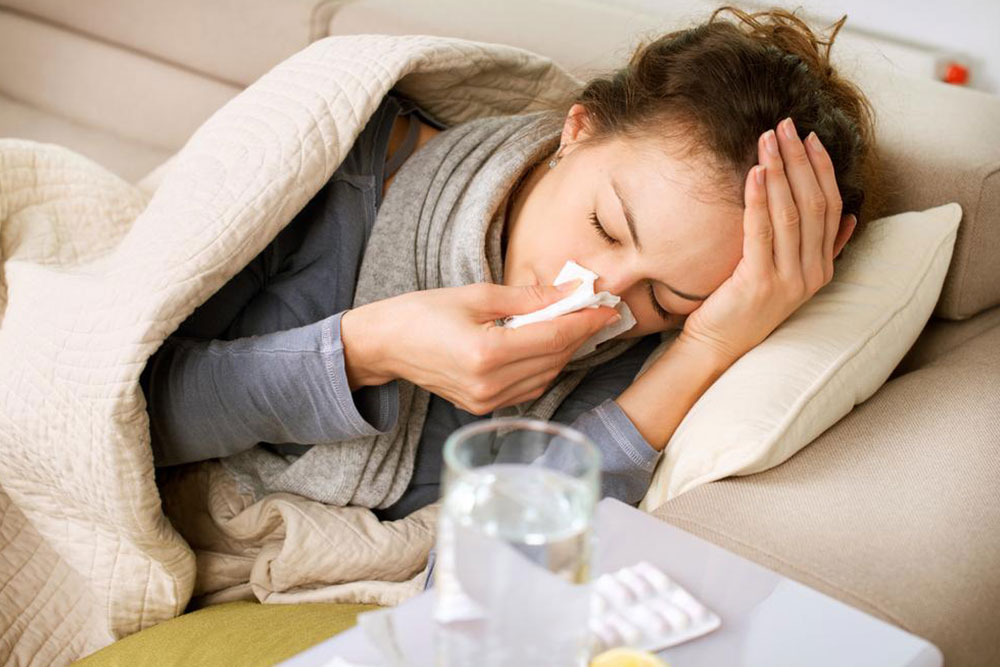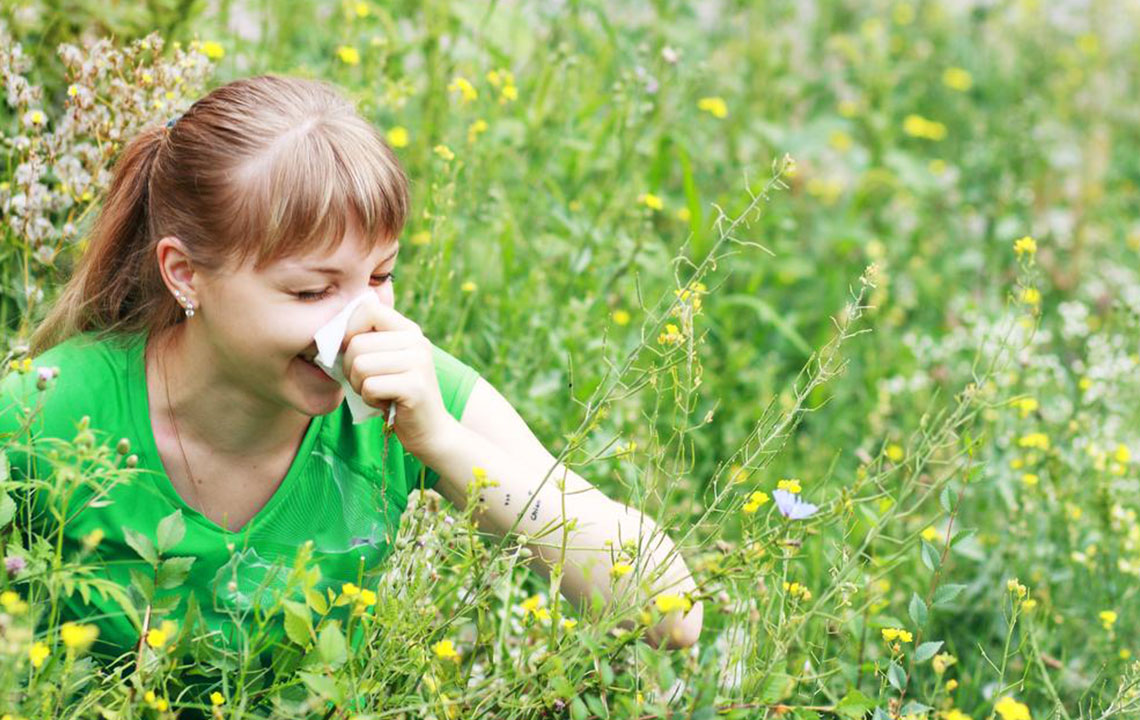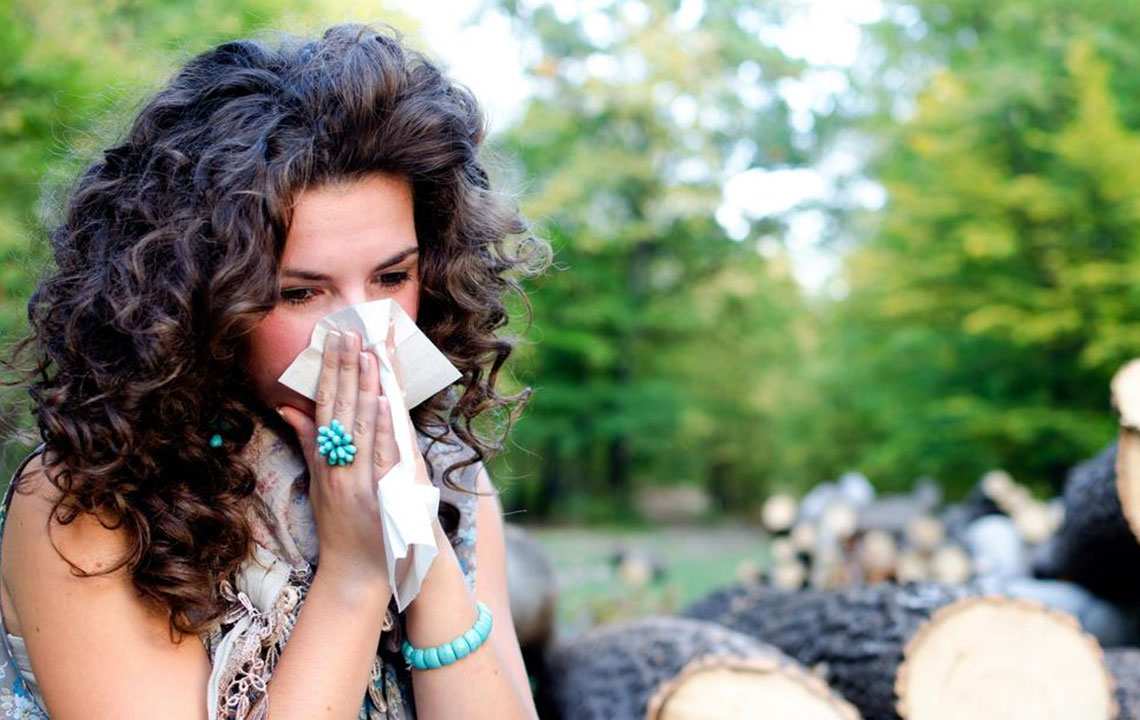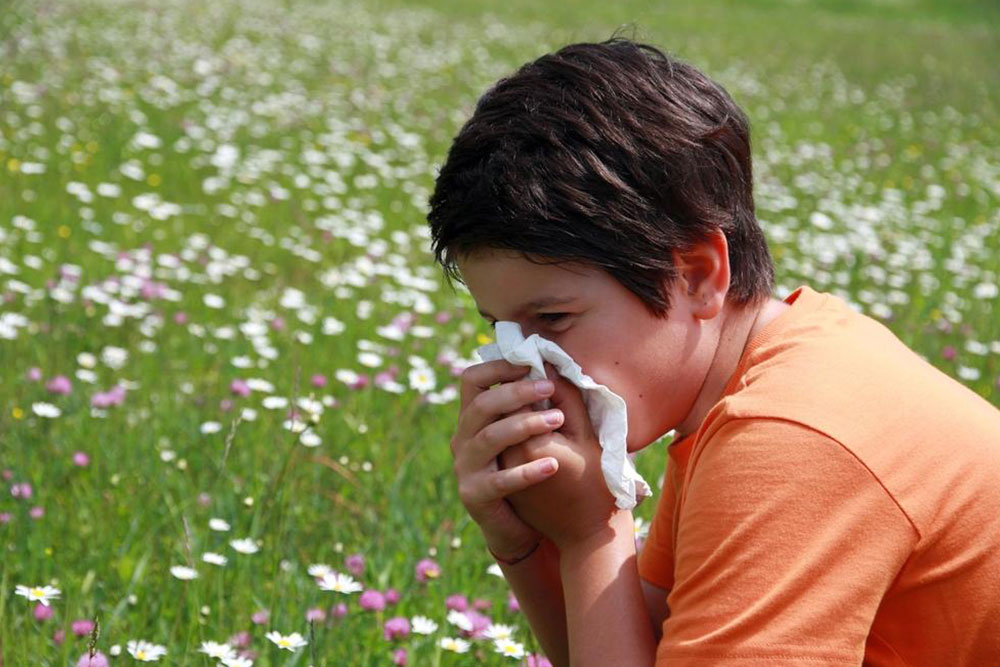Comprehensive Guide to Managing Seasonal Allergies Effectively
Discover comprehensive strategies to effectively manage seasonal allergies. Learn how to identify triggers, limit exposure, and incorporate lifestyle practices to enjoy outdoor activities without discomfort. Expert advice and practical tips help you stay allergy-free during peak seasons, ensuring a better quality of life year-round.

Comprehensive Guide to Managing Seasonal Allergies Effectively
As the seasons change and autumn approaches, many individuals look forward to engaging in outdoor activities such as long walks, hikes, picnics, and enjoying the beautiful scenery. However, for millions of people suffering from seasonal allergies, these activities can become a source of discomfort and frustration. Symptoms like a persistent runny nose, itchy and watery eyes, sneezing fits, nasal congestion, and even fatigue can significantly diminish the enjoyment of outdoor leisure. While modern medicine provides various solutions such as antihistamines, nasal sprays, and other medications, adopting proactive self-care strategies is equally vital in managing and minimizing allergy symptoms effectively.
Managing seasonal allergies requires a comprehensive approach that involves understanding your triggers, creating an environment that minimizes exposure, and making smart lifestyle choices. Here are some essential tips and strategies that can help you stay comfortable and enjoy the outdoors even during peak allergy seasons:
Identify Your Allergens: The first step toward effective allergy management is understanding what causes your symptoms. Consult an allergist or healthcare professional for allergy testing to identify specific triggers such as pollen from trees, grasses, molds, or weeds like ragweed. Knowing your allergens enables you to develop targeted avoidance strategies and prepare better for allergy seasons.
Limit Your Exposure to Allergens: While avoiding allergens completely can be challenging, it remains one of the most effective ways to reduce symptoms. Keep windows and doors closed during high pollen count days, and use high-efficiency particulate air (HEPA) filters in your home to trap airborne allergens. If you need to ventilate your space, opt for early morning or late evening when pollen levels tend to be lower. Outdoors, wear protective gear such as masks and sunglasses to minimize contact with airborne pollen and mold spores. After outdoor activities, shower and wash your hair thoroughly to remove any pollen particles that may have settled on your skin or hair.
Maintain Good Indoor Hygiene: Regular cleaning is essential during allergy season. Vacuum carpets and upholstery frequently using HEPA filters, wash bedding in hot water weekly, and dust surfaces with damp cloths to avoid stirring up allergens. Consider replacing carpets with hard flooring if possible, as they tend to trap dust and pollen.
Monitor and Control Food Intake: Be aware that certain seasonal foods, particularly fruits and vegetables, can also trigger allergic reactions in sensitive individuals. Read labels carefully when shopping and avoid food items known to cause food allergies. Maintaining a food diary can help track any reactions linked to certain seasonal foods, providing further insight into potential cross-reactivities.
Carry Essential Medications At All Times: Always keep your allergy medications within reach. This includes antihistamines, nasal sprays, decongestants, and any other prescribed medicines. Having your medications on hand allows for quick relief during sudden allergic flare-ups and prevents symptoms from worsening. Additionally, carry an allergy action plan if prescribed by your doctor, explaining what to do during severe reactions.
Plan Carefully When Traveling: Whether you're going on a weekend getaway or a longer vacation, plan your trips to minimize exposure. Stay indoors during peak pollen hours, usually early mornings and late afternoons, and choose accommodations with good air filtration systems. When visiting outdoor locations, opt for areas with low vegetation or coastal zones, which generally have lower pollen counts. If you suffer from mold allergies, avoid humid environments and areas prone to dampness.
Implement Environmentally Friendly Measures: Reduce indoor allergens by using organic or low-VOC (volatile organic compound) paints and cleaning products. Maintain a clean environment by reducing clutter and ensuring good ventilation. If you have indoor plants, choose low-allergen varieties to avoid increasing indoor pollen or mold levels.
Stay Updated With Pollen Forecasts: Many weather apps and online resources provide daily pollen counts. Monitoring these forecasts helps you plan outdoor activities strategically, avoiding days with high pollen levels. This proactive approach can significantly reduce your symptoms and improve overall quality of life during allergy season.
Embrace Lifestyle Changes: Incorporate allergy-friendly practices into your daily routine, such as exercising indoors on high-pollen days. Consider practicing stress reduction techniques like yoga or meditation, as stress can worsen allergy symptoms. Eating a balanced diet rich in anti-inflammatory foods may also support your immune system and reduce sensitivity over time.
In conclusion, managing seasonal allergies is a blend of awareness, prevention, and proactive treatment. By identifying your triggers, modifying your environment, maintaining good hygiene, and carrying appropriate medications, you can significantly mitigate allergy symptoms. Planning outdoor activities carefully and using natural or organic household products further support your allergy management efforts. Remember, consulting with healthcare professionals for personalized advice remains a cornerstone of successful allergy control. With these comprehensive strategies, you can enjoy the changing seasons and outdoor adventures without the burden of allergy symptoms, ensuring a healthier and more comfortable lifestyle.





